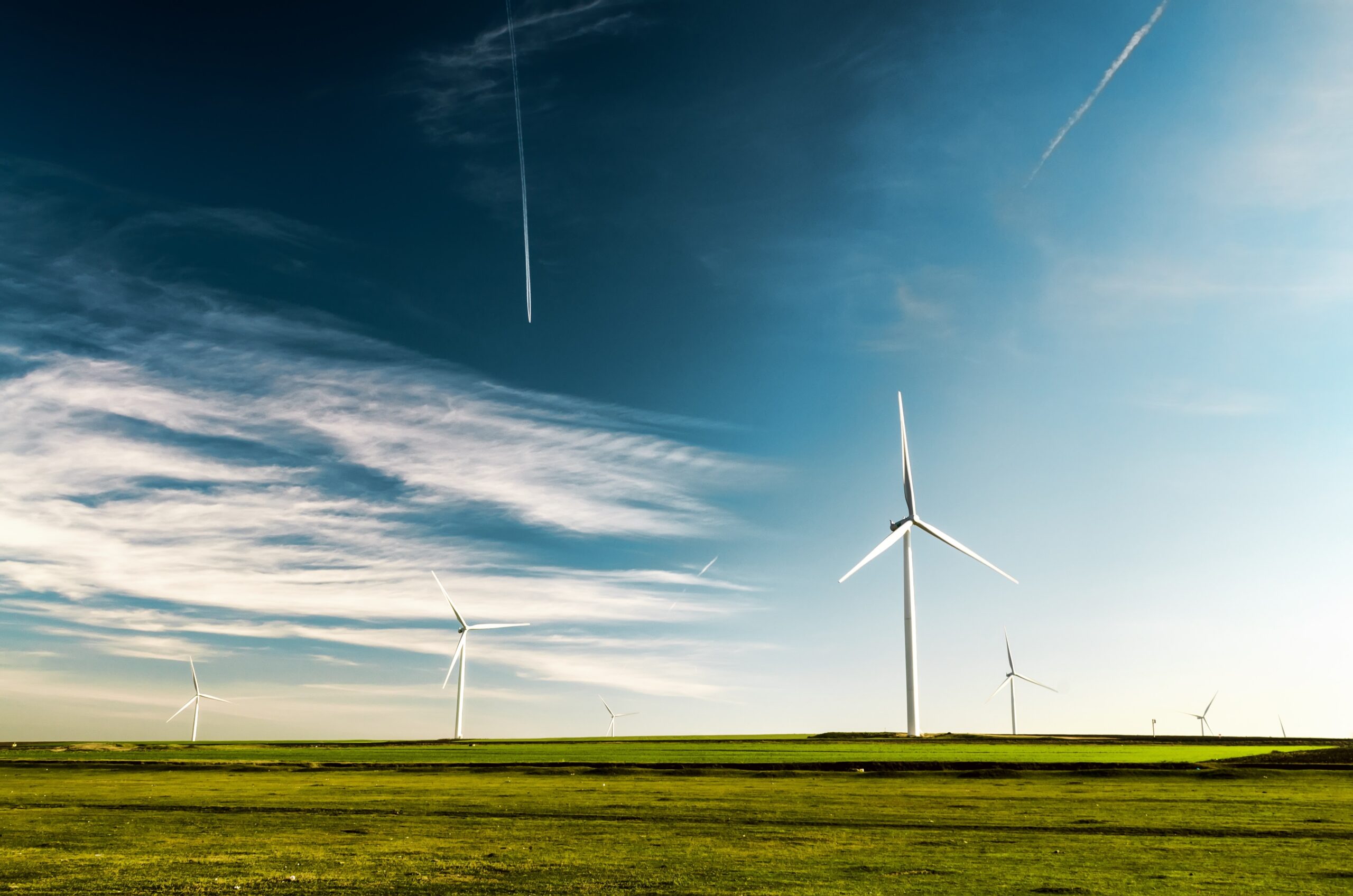The reliance of the European Union (EU) on nonrenewable energy has perpetuated the ongoing violence occurring in Ukraine, and the solution could be renewable energy. The acts of war that have occurred between Russia and Ukraine may influence the long-overdue switch to renewable energy in many major world powers. This is because of the European powers’ heavy reliance on fossil fuels, specifically Russian-supplied oil and gas. The continuation of the conflict between Russia and Ukraine is enabled by the dependency on fossil fuels in our world. Russia has held political power through its control over the location of important oil and gas supplies and the transportation links to Europe. Therefore, countries such as Germany might not interfere in the conflict, since they will suffer without the flow of energy supplies. A solution is to switch to renewable energy, as accessibility to these sources cannot be controlled, for environmental services such as wind and solar are impossible to own.
Russia is the world’s largest oil exporter, consuming about 3.45 million barrels a day while exporting over 7 million barrels of crude oil and other petroleum products a day, shipped primarily through pipelines but also by tankers. About 70% of Russian states’ revenues come from energy deals with oil, natural gas, coal, and nuclear fuel. Due to this, Russia has gained significant wealth through its production of oil which has given it the strength to invade –– Russian wealth derived from oil has accompanied an 9.4% increase in military spending between 2018 and 2019. This increase made Russia the fourth highest military spender in the world, just behind the United States, China, and India.
The European Union relies on Russian oil and gas, thus complicating its ability and willingness to intervene in the crisis involving Ukraine. Last year, Russian oil accounted for about 3% of total U.S. consumption, while Europe relies on Russia for 40% of its oil. Comparatively, approximately 20% of the EU’s energy consumption in 2020 came from renewable resources.
Thus, the EU is experiencing a dilemma concerning the violent acts occurring in Ukraine. Russia’s invasion risks the lives of 44 million people, and, as of now, there can be no intervention without economic consequences to the European countries. Russia is aware of this predicament, which is why they could declare war. This major dependency on Russian oil catalyzes the diversification of energy sources in the EU and Germany. The energy relationship between Russia and the EU is one-sided. If the EU can switch to renewables, they will no longer be backed into a corner with Russia, and they can slow Russia’s wealth expansion on oil.
Throughout the fossil fuel era, wars have been fought over access to oil and gas because it can be used as blackmail. Any country that controls oil flows holds immense power because of the world’s overall reliance on carbon-based energy. Russia currently has a near-monopoly over the European oil supply and a certain monopoly over its natural gas supply. Therefore, no other competitors can act as substitutes for the EU’s oil and gas consumption. When conflict occurs, consumers are affected by economic recessions caused by energy price inflation. The world has entered a pact of mutually assured destruction with oil, and it is being enacted right now.
Though commodities such as solar panels and wind turbines can be owned, renewable energies in their raw form, such as wind, solar, tidal, and hydro, cannot be managed. Countries can produce clean energy within their own borders, which prevents reliance on other countries for energy. Also, in the last decade, scientists and engineers have been able to decrease the costs of solar and wind energies. Solar and wind are some of the cheapest forms of energy, producing electricity even more cheaply than fossil fuels. A switch to renewable energy will not only prevent an intensification of climate change and benefit the health of 9 million people who annually die from inhaling particulates from fossil fuels, but it will also diminish the power of power-hungry dictators. The EU would no longer be funding Russia’s war crimes.
Germany has already begun separating itself from Russian control, as half of German imports comprise Russian energy. The German government has halted a new pipeline called Nord Stream 2 which was designed to double the amount of natural gas flowing from Russia to Germany. Germany previously imported 32% of its gas from Russian pipelines. Robert Habeck, the vice-chancellor of Germany, stated, “In the medium and long term, we are going to significantly reduce the consumption of fossil fuels.” Habeck’s ministry plans to quickly pass the Renewable Energy Sources Act through parliament so it can come into force by July 1st. The act would have Germany suspend cuts to subsidies for new solar panels and increase solar tenders from about 5 gigawatts to 20 gigawatts by 2028. Germany also plans to increase onshore wind from 2 gigawatts to 10 gigawatts annually by 2027. The act would result in 80% of Germany’s electricity needs being met by renewable energy by 2030 and all of its electricity needs by 2035.
The elimination of fossil fuels is instrumental in ending European reliance on oil, which prevents the power gained from the control of limited natural resources. Further, transitioning from oil to renewable energy will benefit the environment. A recent report from the Intergovernmental Panel on Climate Change (IPCC) highlights that, “many parts of the world could soon face limits in how much they can adapt to a changing environment.” The switch to renewable energies might be, in more ways than one, the only way we will survive.
Sources
Beals, Rachel Koning. “’Want to Stop Making Putin Rich… Renewables Is the Answer’: Does the Russia-Ukraine Crisis Speed up or Slow Europe’s Green Energy Push?” MarketWatch, MarketWatch, 23 Feb. 2022, https://www.marketwatch.com/story/want-to-stop-making-putin-rich-renewables-does-the-russia-ukraine-crisis-speed-up-or-slow-europes-green-energy-push-11645641207?reflink=mw_share_email.
McKibben, Bill. “To Reduce Putin’s Power, Ditch Oil and Gas.” YES! Magazine, 2 Mar. 2022, https://www.yesmagazine.org/opinion/2022/03/02/putin-russia-oil-gas-renewables.
Fell, Hans-Josef, et al. “A Massive Expansion of Domestic Renewable Energy Stops Wars, Not Just Climate Change.” Energy Post, 28 Feb. 2022, https://energypost.eu/a-massive-expansion-of-domestic-renewable-energy-stops-wars-not-just-climate-change/?utm_campaign=shareaholic&utm_medium=email_this&utm_source=email.
Jonathan Overpeck, Ph.D. “A Shift to Clean Energy Would Halt Russia’s Petro-Thuggery and More.” TheHill, The Hill, 28 Feb. 2022, https://thehill.com/opinion/energy-environment/596066-a-shift-to-clean-energy-would-halt-russias-petro-thuggery-and-more?rl=1.
Mufson, Steven, et al. “Here’s Where Russian Oil Flows.” The Washington Post, WP Company, 9 Mar. 2022, https://www.washingtonpost.com/business/2022/03/08/russia-oil-imports-ban/.
“Russia’s Military Spending: Frequently Asked Questions.” SIPRI, https://www.sipri.org/commentary/topical-backgrounder/2020/russias-military-spending-frequently-asked-questions.
Popovic, Nemanja. “The Energy Relationship between Russia and the European Union.” E, 26 Feb. 2020, https://www.e-ir.info/2020/02/24/the-energy-relationship-between-russia-and-the-european-union/.
Price, Kiley. “IPCC Report: Climate Change Could Soon Outpace Humanity’s Ability to Adapt.” Conservation International, 28 Feb. 2022, https://www.conservation.org/blog/ipcc-report-climate-change-could-soon-outpace-humanitys-ability-to-adapt.
Person. “Germany to Speed Renewables Push Due to Ukraine Crisis.” Reuters, Thomson Reuters, 28 Feb. 2022, https://www.reuters.com/business/energy/germany-hike-onshore-wind-solar-tender-volumes-document-2022-02-28/.

